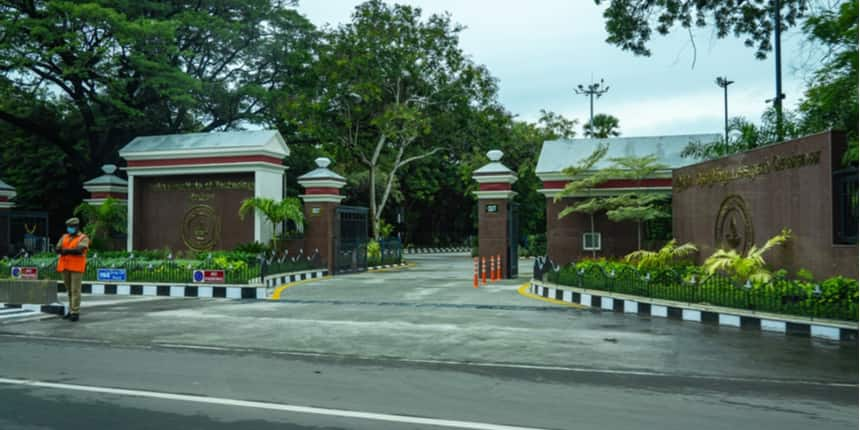IIT Madras researchers urge countries to absorb climate change asylum seekers
Abhiraj P | June 2, 2022 | 03:55 PM IST | 2 mins read
IIT Madras researchers suggested a normative framework to deal with cross-border migration due to climate change.

NEW DELHI: Researchers at the Indian Institute of Technology (IIT) Madras have recommended a normative framework to deal with the cross-border migration due to climate change. The IIT Madras researchers working in collaboration with an independent research scholar suggested that such migrants have to be let in and should not be subjected to forcible return.
According to a statement from IIT Madras, the researchers also said that migrants fleeing from countries due to climate change must be absorbed in proportion to the greenhouse gas emissions in their host country. The IIT Madras researchers called for early and appropriate action as severe global environmental changes and associated harms are anticipated.
The IIT Madras study points out that about 40.5 million people were displaced in 2020 and 30 million among these were forcibly displaced due to weather-related disasters. This data was reported by the Internal Displacement Monitoring Centre. The researchers came up with a normative framework which highlights the inadequacy of the existing international laws to protect forcibly displaced people.
With climate change intensifying the push to migrate, researchers at the Indian Institute of Technology (@iitmadras) #Madras urged countries to absorb all asylum seekers. pic.twitter.com/E39sq5Mcrv
— IANS (@ians_india) June 2, 2022
Also read | How state engineering colleges are updating their BTech with internships, training
"There is absence of a coherent institutional and legal framework at international and national level to protect the rights of climate exiles. This creates an urgent need to work on international law to protect climate exiles," said the statement from IIT Madras.
This research was conducted by Sudhir C Rajan, professor at the humanities and social sciences department of IIT Madras and Sujatha Byravan, an independent scholar. They have published a research paper titled "Cross border migration on a warming planet: A policy framework," which was published in the journal WIRES Climate Change. The researchers proposed a normative framework with responses to address cross-border migration.
Also read | NAS 2021: Class 3 to Class 8, SC, SC, OBC students steadily fall behind peers
“In recent years, the increased risks of environmental hazards including climate change, have intensified the push to migrate. One such case is the teeming slums of Bangladesh’s capital Dhaka, where the residents are on the frontlines of a climate crisis. People living along the coast have been migrating to the Bangladeshi capital due to monsoon flooding and cyclones caused by rising sea levels. For these residents, the worsening climate change is not a faraway threat. It is a grim reality,” said Rajan.
Also read | India’s new IAU astronomy centre will assess quality of astronomy education in schools
Byravan stressed the need for such research and stated, "There is an urgent need to ensure that people from countries that have emitted very little greenhouse gases are not left fending for themselves. Climate exiles or migrants have no legal standing. These are the kinds of issues that ought to be addressed in the climate negotiations track of Loss and Damage under non-economic losses.”
Follow us for the latest education news on colleges and universities, admission, courses, exams, research, education policies, study abroad and more..
To get in touch, write to us at news@careers360.com.
Next Story
]NEET PG 2022 Result Declared Live: Scores at natboard.edu.in; Qualifying marks, toppers, counselling schedule
NEET PG Result 2022 Live Updates: NEET PG 2022 results can be downloaded in PDF format from nbe.edu.in, natboard.edu.in, where the roll number, rank and marks of the candidates can be seen. Check how to download marks, cut off, toppers list, scorecard, counselling schedule here.
Team Careers360